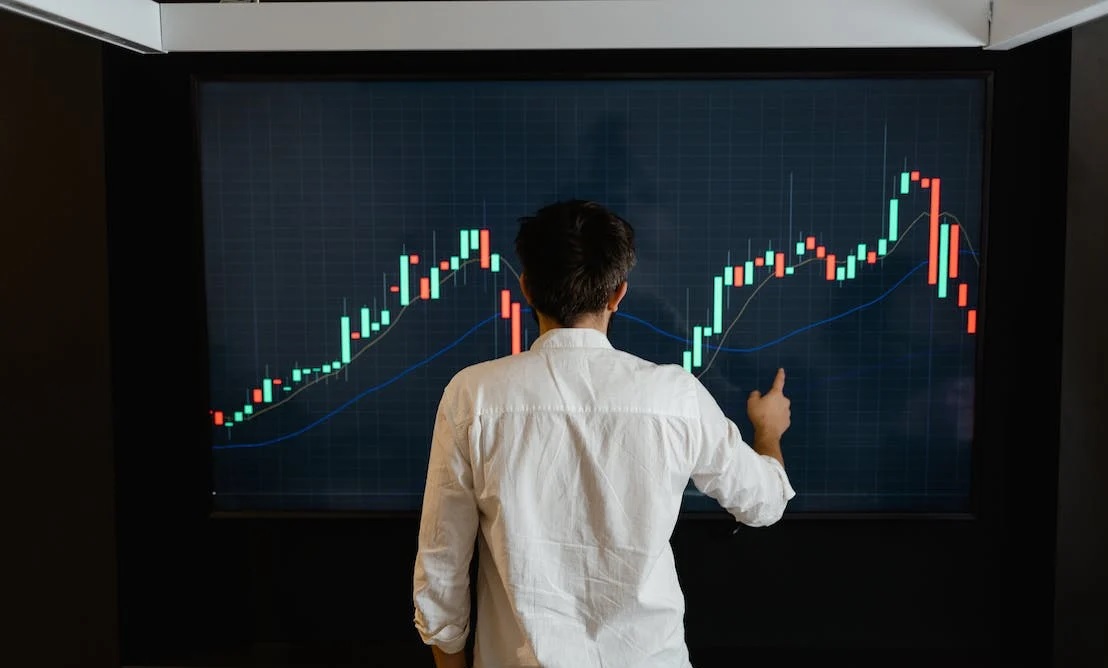In the ever-evolving landscape of data-driven decision-making, the roles of data analyst and data scientist have gained prominence. While both positions deal with data, they differ significantly in their responsibilities, skill sets, and objectives. In this essay, we will delve into the distinctions between data analysts and data scientists, exploring their roles, skill requirements, and the value they bring to organizations.
I. The Role of a Data Analyst:
Data Analysts primarily focus on transforming data into actionable insights. Their roles revolve around:
- Data Cleaning and Processing:Data analysts are responsible for collecting and cleaning data from various sources, ensuring its quality and reliability.
- Data Visualization:They use tools like Excel, Tableau, or Power BI to create visual representations of data, such as charts and graphs, to help stakeholders understand trends and patterns.
- Descriptive Analysis:Data analysts perform descriptive analysis to summarize data, providing insights into past performance and current conditions.
- Report Generation:They create reports and dashboards to convey findings to non-technical stakeholders, enabling data-driven decision-making.
II. The Role of a Data Scientist:
Data Scientists are more involved in advanced analytics and predictive modeling. Their roles encompass:
- Data Exploration:Data scientists dig deeper into data, exploring complex datasets to identify trends, correlations, and anomalies.
- Machine Learning:They apply machine learning techniques to build predictive models, recommend systems, and automate decision-making processes.
- Data Cleaning and Preparation:Like data analysts, data scientists also clean and preprocess data, but they often work with larger and messier datasets.
- Statistical Analysis:Data scientists perform statistical analysis, hypothesis testing, and A/B testing to extract valuable insights and validate their models.
III. Skill Requirements:
- Data Analyst Skills:
- Proficiency in Excel, SQL, and data visualization tools.
- Strong attention to detail for data cleaning.
- Basic statistical knowledge.
- Communication and presentation skills.
- Data Scientist Skills:
- Proficiency in programming languages like Python or R.
- Deep understanding of machine learning algorithms and libraries.
- Advanced statistical analysis and hypothesis testing.
- Big data tools and technologies like Hadoop and Spark.
IV. Objectives:
- Data Analyst Objectives:
- Providing descriptive insights.
- Supporting decision-making based on historical data.
- Focusing on data quality and visualization.
- Data Scientist Objectives:
- Developing predictive and prescriptive models.
- Automating processes and recommendation systems.
- Exploring and interpreting complex data for strategic insights.
V. Value to Organizations:
- Data Analyst Value:Data analysts play a crucial role in helping organizations understand past performance, monitor KPIs, and make informed decisions. They are invaluable for businesses looking to maintain data quality and transparency.
- Data Scientist Value:Data scientists contribute to forward-looking strategies by developing predictive models and automating decision-making processes. They help organizations leverage data for innovation, optimization, and competitive advantage.
VI. Collaboration:
Data analysts and data scientists often collaborate closely within organizations. Data analysts provide the foundational data insights, while data scientists build advanced models on top of that data to extract deeper insights.
VII. Career Paths:
Both data analysts and data scientists offer rewarding career paths. Data analysts can transition into data science by acquiring more advanced skills in programming and machine learning, while data scientists can specialize further in areas like deep learning, natural language processing, or AI.
VIII. Conclusion:
In the era of big data, organizations need both data analysts and data scientists to harness the full potential of their data. While data analysts focus on providing descriptive insights and supporting decision-making based on historical data, data scientists take a more forward-looking approach, developing predictive models and automating processes. Each role is essential in its own right, contributing unique value to the data-driven landscape of today’s businesses. Ultimately, the choice between a data analyst and a data scientist depends on an organization’s specific needs and objectives.

